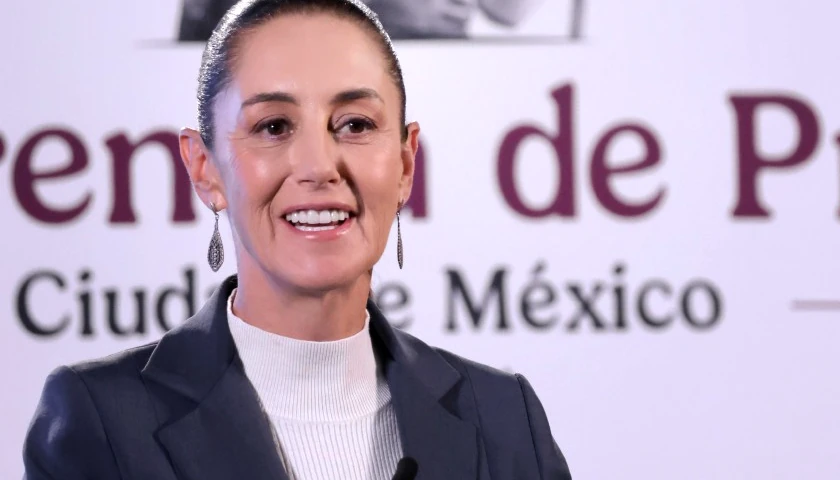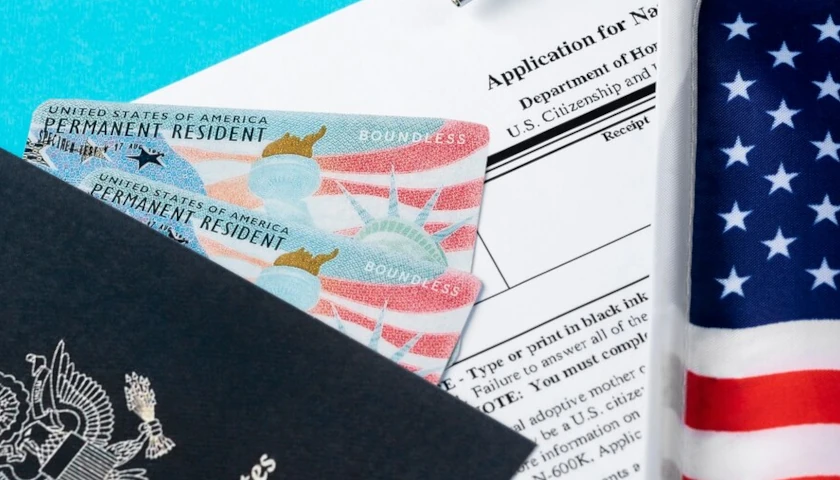On Monday, a legislative committee passed a bill a cosponsor admits would force Pennsylvania physicians to provide treatments meant to mask a gender-dysphoric person’s biological sex.
A measure supporters call the “Fairness Act” and tout as an anti-discrimination bill passed the Democrat-controlled Pennsylvania House Judiciary Committee on a 12-9 party-line vote. In a speech defending the bill, cosponsoring Representative Emily Kinkead (D-Bellevue) confirmed assertions by the legislation’s opponents that it would compel doctors to deliver “gender-affirming” medicine.
“When we talk about, ‘Are physicians going to be required to do x, y, z?’ Yes!” she exclaimed. “If it does no harm, if it in fact helps people. And when we deny gender-affirming care to people who do not identify with the gender that they were assigned at birth, that is causing harm and absolutely we should be holding the doctors accountable who will deny life-saving care to people.”
The policy would principally bar discrimination on the basis of gender identity or sexual orientation in Pennsylvania regarding education, housing or public accommodations. According to a memorandum describing the bill, 22 other states already have such laws.
Pennsylvania law already prohibits discrimination on the bases of race, ancestry, national origin, color, religion, sex, age (40 and over) and disability. The 2020 U.S. Supreme Court decision Bostock v. Clayton County, Georgia stipulates that residents of all states are also protected from sexual-preference-based employment discrimination.
Earlier in Monday’s committee meeting, the state bill’s primary sponsor Representative Malcolm Kenyatta (D-Philadelphia) denied that his legislation would force doctors to perform sexual reassignment surgeries or other gender-affirming operations.
Asked by Representative Paul Schemel (R-Waynesboro) whether the measure would have that effect, Kenyatta responded, “I think that’s completely ungermane to the bill and what we’re talking about is [that] our [Pennsylvania] Human Relations Commission, which is already operating, has a number of protected classes including race, including folks with disabilities. Right now, all we’re doing is saying that there are other protected classes that should be included. And so your question to me really has nothing to do with the underlying bill, but if you have legislation that you want to introduce, I’m sure we’ll all discuss it.”
Schemel then cited a 2019 California Court of Appeals decision which interpreted that state’s resemblant nondiscrimination law to force a Catholic hospital to perform a hysterectomy to facilitate a female-to-male “transition.”
“The legislation that I’m referring to in another state that has nearly identical language is being relied upon by courts to require a Catholic hospital in that state to perform a hysterectomy on an otherwise healthy biological female,” he said.
Schemel asked whether Kenyatta would insist that his legislation as written doesn’t require doctors to perform gender-affirming surgery. The Republican subsequently inquired whether the sponsor would expect the bill to require prescription of puberty blockers or cross-sex hormones. Both times, Kenyatta stonewalled.
“It is very clear, through your line of questions, that you want to have a different conversation,” Kenyatta said. “But we’re not going to be distracted. We’re gonna talk about what this bill does and we’ve made it clear: This bill would simply add sexual orientation, gender identity and gender expression under the Human Relations Act.”
But Kinkead (pictured above) wasn’t the only cosponsoring member of the committee to acknowledge the bill could coerce medical professionals to provide gender-affecting treatments they may consider ill-advised.
“If you want to strip trans Pennsylvanians of their healthcare, just say that,” Representative La’Tasha Mayes (D-Pittsburgh) told unsupportive legislators. “If you want to deny trans youth gender-affirming, life-saving care, just say that.”
Committee Republicans objected to the bill on other grounds as well, including its potential to force women’s shelters that hitherto exclude men to welcome biological males purporting to be women.
“They are considered public accommodations,” Representative David Rowe (R-Middleburg) noted. “We know that they are permitted to exclude male individuals from the shelter for very good reasons. But laws in other states and in Canada very similar to this one have previously forced women shelters to allow — not only to allow, but to require — them to admit biological males into their housing — to house them with the women who have been survivors of abuse in the past.”
Representative Tim Bonner (R-Grove City) faulted the measure for failing to confer comprehensive freedom-of-conscious protections for many religious individuals and institutions, particularly for sectarian schools.
“We need to make certain that the religious protections are present,” he said.
– – –
Bradley Vasoli is managing editor of The Pennsylvania Daily Star. Follow Brad on Twitter at @BVasoli. Email tips to bradvasoliwriter@gmail.com.
Ph0to “Emily Kinkead” by Rep. Emily Kinkead. Background Photo “Doctor and Nurse Tending to Patient” by RODNAE Productions.

Sign up here to get your copy of The Star News Network Daily Update
Daily updates, breaking news, special offers, and more








Satan who despises Mankind will be pleased. Promoting TS will encourage all gender ‘outliers’ to undergo the knife at an early age ans humanity in the USA will sterilize itself. The civilizations who value reproduction will inherit the earth, namely the Muslim nations and perhaps the Communist Chinese, if they revise their population limits.
This bill should be put in the trash.
Cannot & should not happen in Pennsylvania.
WTF is going on in PA? They appear as lost as KKKalifornia. So dissapointed. Where did the State go wrong?
Whatever happened to “Physician, first do no harm”?
NO Bad for HC alone Scrap this